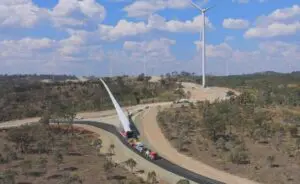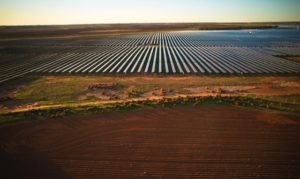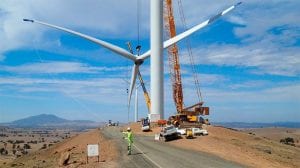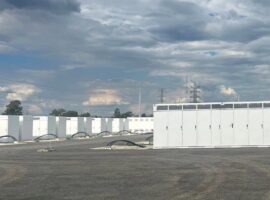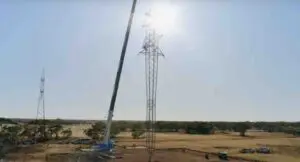Australia’s failure to embrace the global shift to electric vehicles stands to be more than just a national embarrassment, industry experts have warned, with Australian motorists at risk of paying more – and having less choice – if government policy doesn’t pick up the pace.
That was the firm message delivered to Senator Tim Storer, who is the chair of the the Senate Select Committee on Electric Vehicles, at a roundtable in Melbourne with around 20 executives from the Electric Vehicle Council.
The Council – whose members span 50 companies from a range of industry sectors, including auto manufacture, charging infrastructure and energy distribution – reiterated the urgent need to establish legislated targets for EV uptake in Australia to give manufacturers, distributors and infrastructure suppliers the confidence to invest.
Action was also urgently needed to encourage the installation of EV charging infrastructure, they said, and particularly a network of fast chargers nation wide, to address any remaining “range anxiety” that might be putting consumers off parting from petrol cars.
In a statement on Thursday, Senator Storer also pointed to the missed economic opportunities, if Australia continued to lag too far behind the global pace.
“The transition to electric vehicles is inevitable,” he said. “The question is whether we’ll be technology takers or technology makers.”
Storer pointed to EV infrastructure company Tritium as a key example of this. As we have reported, Tritium – whose Brisbane made, world-leading fast chargers have taken battery recharge times close to comparable with filling up at the petrol bowser – has been doing a roaring trade, almost everywhere except Australia.
In thepast month alone, it has landed a deal with Munich-based IONITY to supply its High Power Chargers (HPC) – which can add 150km of driving range to an EV battery in just five minutes – for 100 high-power charging sites being built by IONITY across Germany, France, UK, Norway and Sweden.
And in a separate European deal, it will supply 12 of its 50kW DC fast chargers to NKM Mobilitas as part of a new electric car charging network across Hungary.
“Tritium’s success is a timely reminder that we have the smarts and skilled labour force to be an advanced manufacturing powerhouse,” Storer said on Thursday.
“They’re successfully using the power of Brand Australia to export high quality Australian made chargers all around the world, with almost 200 staff at their factory in Brisbane, and counting.”
“Imagine how much more successful Tritium and other Australian innovators would be if there were a national strategy to support the development of the industry here in Australia.”
Storer also noted that nearly all major car companies were already investing heavily in EVs, and countries, notably the UK, Germany, France, China, India, and California in the US, had all announced deadlines to phase out the sale of petrol and diesel cars and buses over coming years.
Submissions to the Committee close tomorrow, and hearings begin in Adelaide on August 10, to be followed by hearings in Melbourne and Canberra. More information about the inquiry can be found on the Committee homepage.



